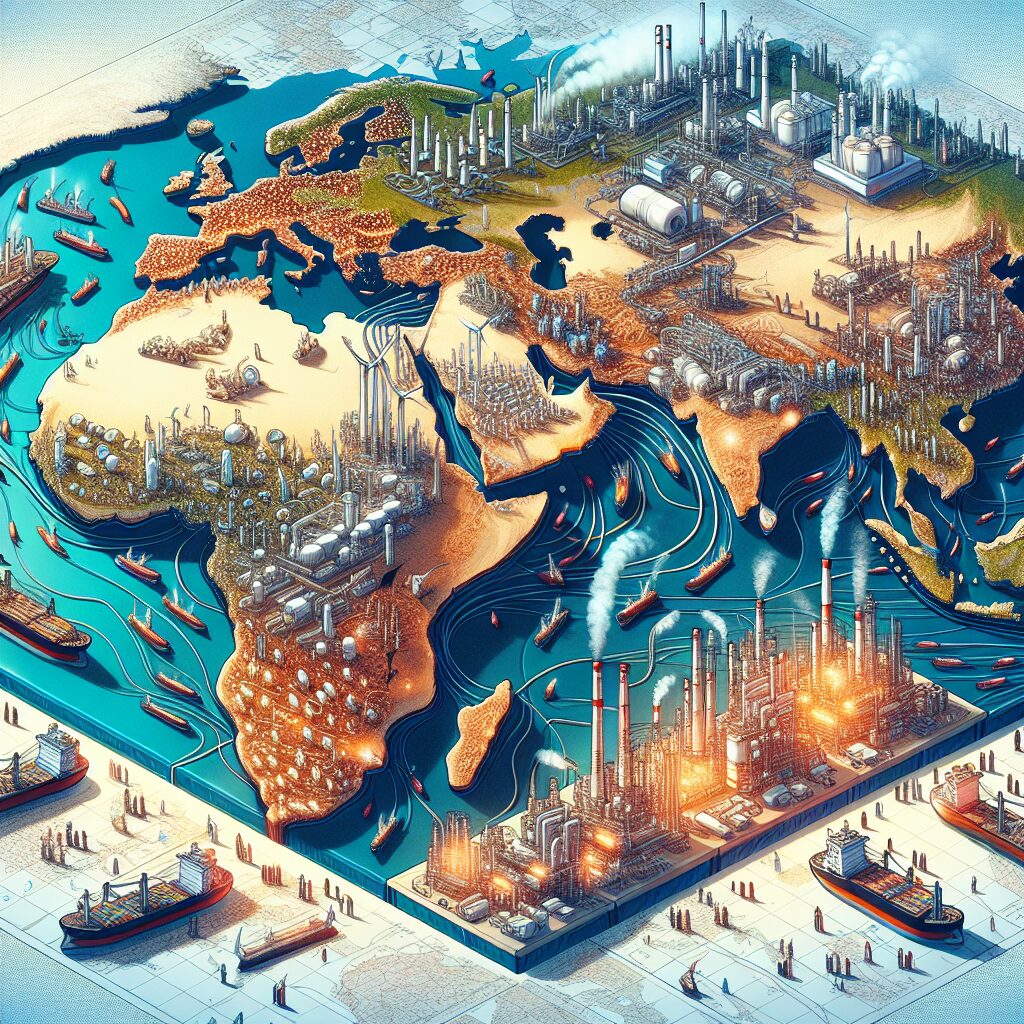

Understanding the Gulf’s Role in Energy Markets
The Gulf region has long been synonymous with energy production, particularly oil and gas. As one of the most resource-rich areas in the world, its role in global energy markets is unparalleled, influencing everything from pricing to geopolitics. Understanding the Gulf’s importance in the energy sector is key to comprehending the broader dynamics of the global energy landscape.
The Gulf’s Energy Reserves
The Gulf Cooperation Council (GCC) countries, including Saudi Arabia, the United Arab Emirates (UAE), Kuwait, Qatar, Oman, and Bahrain, collectively hold some of the largest oil and natural gas reserves in the world. Saudi Arabia alone accounts for approximately 17% of the world’s proven oil reserves, while Qatar is a leading exporter of liquefied natural gas (LNG). These reserves have positioned the Gulf as a cornerstone of energy supply, providing the lifeblood for economies across the globe.
OPEC and Market Stability
Many Gulf nations are key members of the Organization of the Petroleum Exporting Countries (OPEC). Through OPEC, these countries play a critical role in regulating oil production to maintain price stability and balance supply with global demand. The Gulf’s leadership within OPEC, particularly Saudi Arabia’s role as a swing producer, gives the region significant influence over energy markets. Decisions made in Riyadh, Abu Dhabi, or Doha can reverberate across the globe, impacting everything from fuel prices to inflation rates.
Diversification and Energy Transition
While the Gulf’s dominance in fossil fuels is clear, the region is also investing heavily in renewable energy and diversification. Countries like the UAE and Saudi Arabia have launched ambitious programs such as Vision 2030 and the UAE Energy Strategy 2050, aiming to reduce dependence on oil revenues and expand into clean energy. Solar and wind projects, alongside hydrogen initiatives, are rapidly gaining traction, signaling the Gulf’s recognition of the global shift towards sustainability.
Geopolitical Significance
The Gulf’s strategic location further amplifies its role in energy markets. The Strait of Hormuz, a vital chokepoint through which a significant portion of the world’s oil is transported, underscores the region’s geopolitical importance. Any disruption in this area can send shockwaves through global markets, highlighting the intertwined nature of energy and geopolitics in the Gulf.
Conclusion
The Gulf’s role in energy markets is multifaceted, shaped by its vast resources, strategic location, and proactive strategies for the future. As the world transitions towards cleaner energy, the Gulf is not only adapting but is poised to remain a critical player in the global energy ecosystem. From traditional oil and gas exports to emerging renewable technologies, the Gulf’s influence will continue to shape the energy markets for decades to come.

Leave a Reply